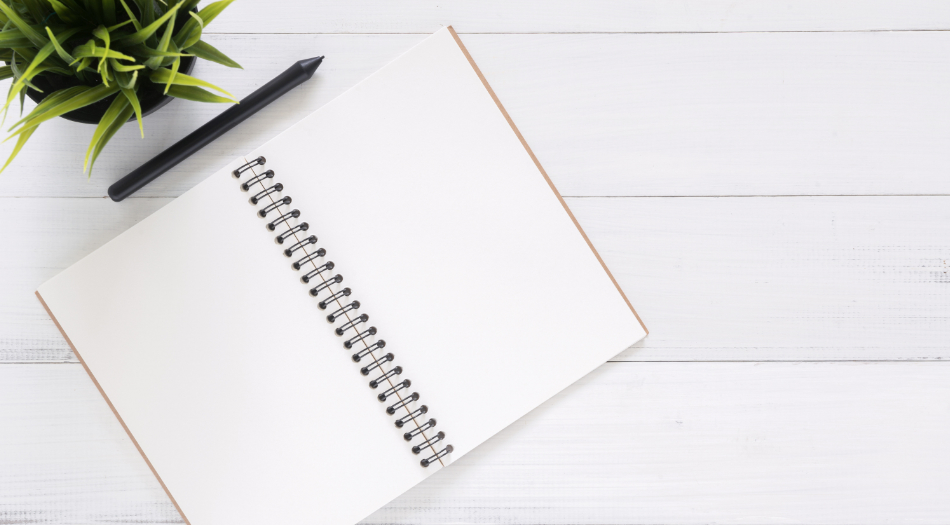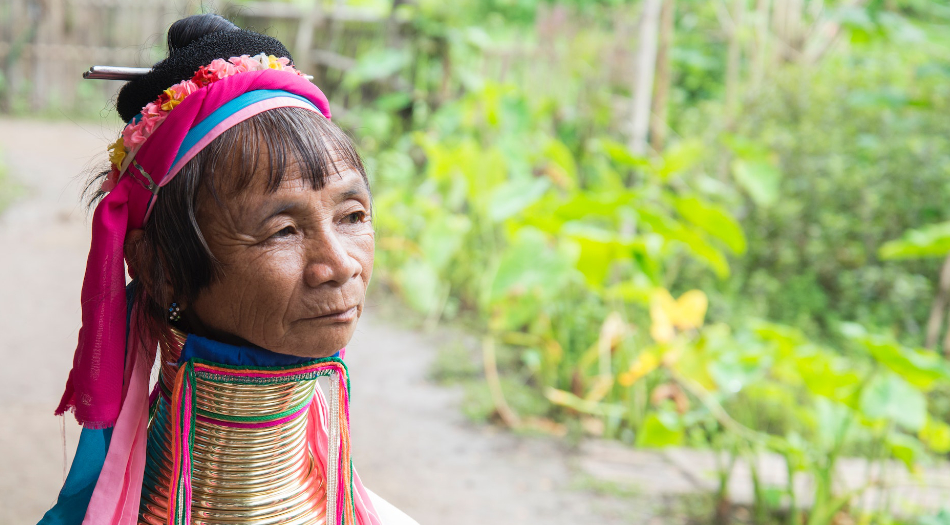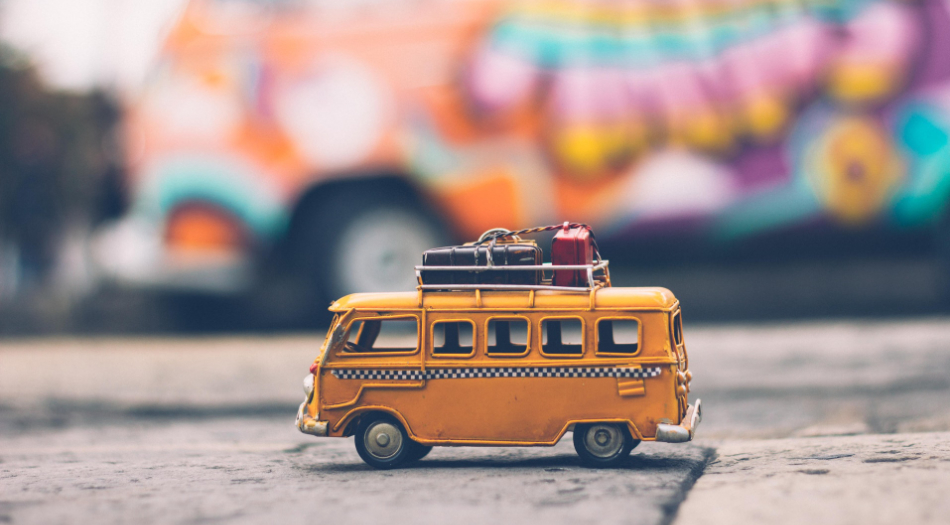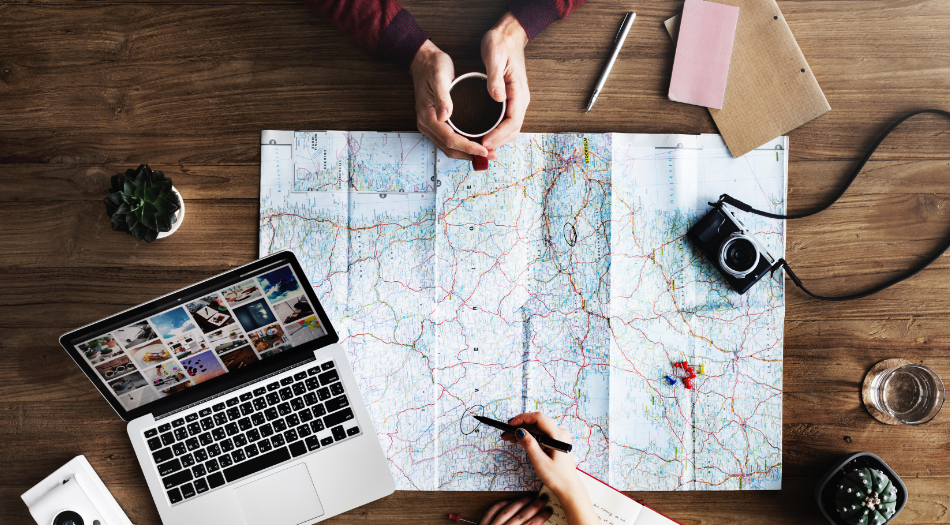
Don’t make these rookie travel safety mistakes
Traveling can be very overwhelming. There are a lot of things you have to think about and make decisions about. And a lot you simply don’t know that you had to think about. Mistakes are easily made and at one point or the other, you’re going to end up making one. You’ll learn from it and probably never make the same mistake again.
I’ve traveled a lot and learned from both my own and other people’s mistakes. So I’ll like to give you some tips to prevent the most common travel safety mistakes. So you can keep them in mind and avoid them.
1. Don’t forget to check if your passport is valid for the right amount of time
When traveling, it is important to know what the regulations are in that country. What is required of your passport, when it comes to validation. Those rules and regulations differ from country to country.
In a lot of Asia and Middle East countries, the law requires that your passport is still valid for at least 6 months after returning to your own country.
In most European countries, your passport should be valid for 60 days, after your return trip home.
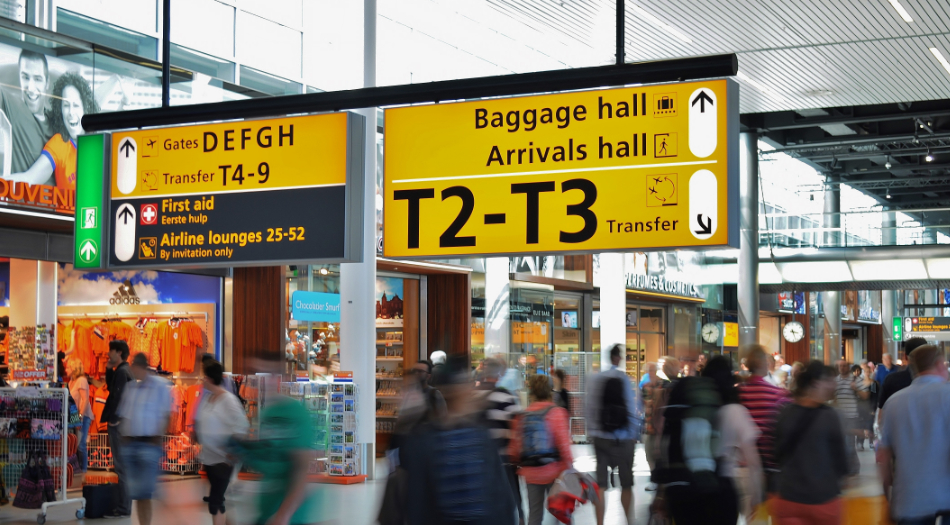
2. Don’t forget to check if you need a visa and how to acquire one
In a lot of countries around the world, like in Asia and the Middle East, you’ll need a visa. There are different kinds of visa and the ways you can get one also differs. You don’t want to end up at the airport of your travel destination, and then be send home because you don’t have a visa. So make sure you have one when needed.
Some visa, you have to arrange up front, before you travel to that country. You can get one through an online visa service agency or the embassy. Most of the times, I just arranged it myself, through the countries own visa website. It can take a lot of time to fill in all the questions, and you really have to pay close attention to the requirements. But it could save you $50-$100 dollars if you skip the middle man.
There is also a type of visa that’s called visa on arrival. When you land at the airport, you must pay for a ‘visa on arrival’ before you go through customs. Make sure that you know in advance how much money you have to pay, so you’ll have it in cash. And a lot of times they also require passport photos of you. So make sure you take those with you.
3. Don’t put your valuables and medicines in your checked-in luggage
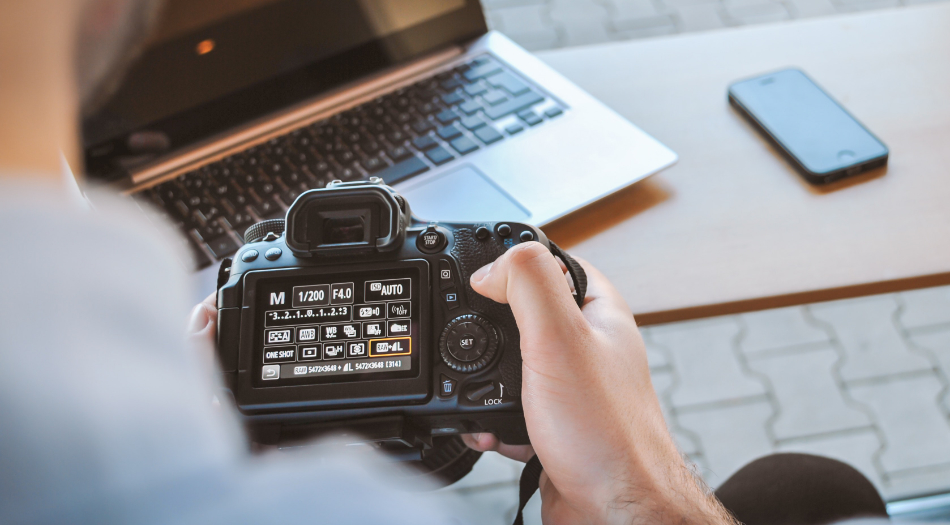
Needless to say, that luggage sometimes doesn’t end up at your end destination. A lot of times they will end up eventually, maybe a couple of days later. But you don’t want to have your most valuable and most needed things in your bag that you checked in. Once you’ve checked in your bags, your bags are in the hands of a lot of people, like the luggage handlers. And they aren’t known for treating those bags with care.
So make sure you have all your valuable, expensive and much needed items in your carry-on. Like medicine, (foreign) money, photo camera, iPad etc.
4. Don’t carry all your (valuable) stuff with you everywhere
If there is a safe in the hotel room, use it. Some people always want to carry all their valuables with them. But it’s not always safer when you carry all those things with you. All day long. Everywhere you go. Besides the fact that I like to travel light during the day, in a lot of countries it’s safer to leave your passport, and the money you don’t need that day, in the hotel room safe. Reduces the chance of being robbed of it.
And sure, there’s also theft going on in hotels. By hotel employees. But it’s unnecessary to go to the ATM, take out money for a whole week. And then walk around with all that cash in your wallet. For everybody to see, every time you have to pay for something.
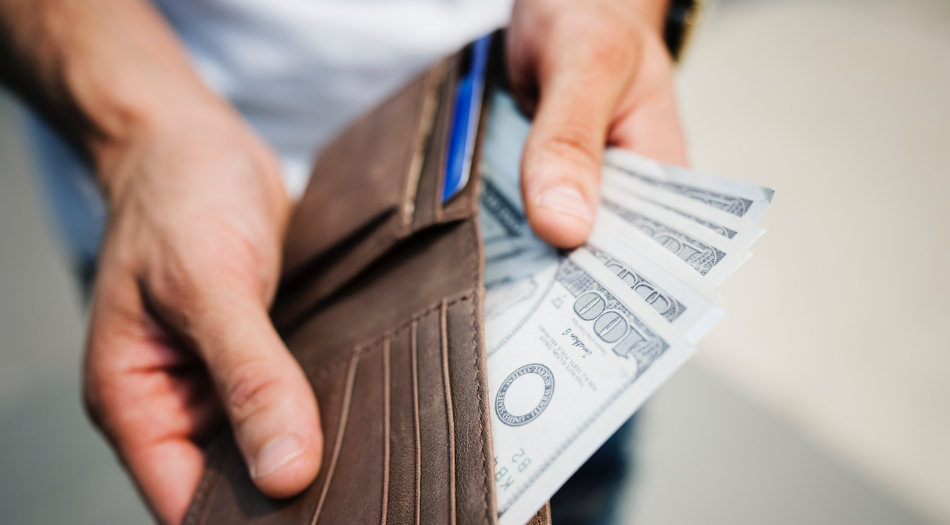
Besides leaving money at your hotel room, also try not to put you money all in the same place. Divide it over different places. Like some in your wallet, and another amount with your travel companion. Or in a moneybelt, if you’re comfortable wearing one.
Besides valuables, I also recommend that you know what you leave behind in the hotel room. Know what you left where, like clothes. So you’ll immediately know if something is missing. In stead of finding out when you’re already 300 miles further, in another hotel. I’ve lost some really nice clothes this way, on one of my first trips to Egypt…
5. If you carry a backpack, use a travel lock
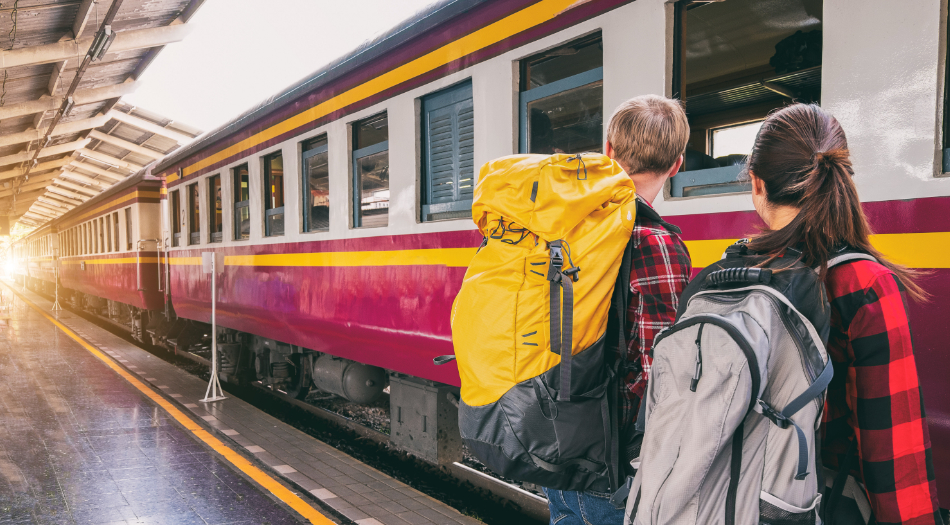
A TSA travel lock can be your best friend. Not only can it come in handy when the zipper of your bag or suitcase breaks. It’s also very useful to put on your day backpack. It will make it harder for people to secretly open your bag and steal your stuff. And if you stay in hostels for example.
Also, when traveling by (night) train, you can use it to attach your bag to something and lock it, to keep it safe from people wanting to open or steal your backpack.
Also check out my blog post Checklist: What you must do before you travel abroad, for more important tips.


